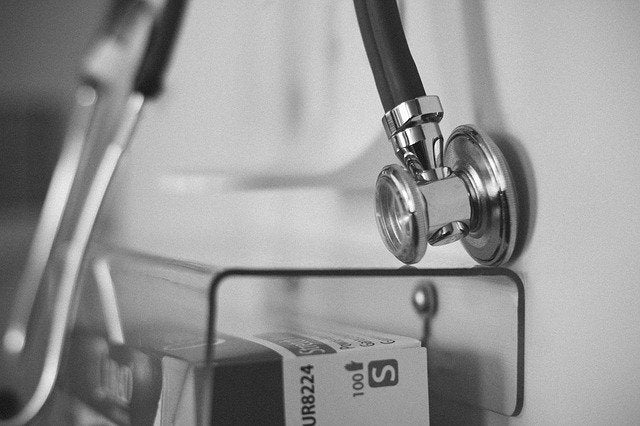
Hospital Aromatherapy and the Use of Essential Oils in Clinical Settings
Article Revised 08/24/23
Essential oils have been used in hospitals to help mitigate stress, nausea, and pain for decades, but only recently have they become formalized as an accepted complementary therapy in clinical environments.
Healthcare Professional?
Are essential oils and aromatherapy appropriate in a hospital setting?

Yes! Hospitals began exploring the use of aromatherapy formally for several reasons. One is patient interest. For most of the 20th century, patients had limited access to medical information about treatment alternatives, and medical professionals had little incentive to find or try treatments that weren’t brought to them directly from pharmaceutical or medical device companies.
However, the advent of the internet changed all of this. Patients were exposed to a wider range of treatment options and started asking more questions. This, in turn, spurred more interest in the medical research community to further investigate these less explored but still promising treatments, such as aromatherapy.
While aromatherapy and essential oil research was limited for a very long time, the last decade, in particular, has seen an explosion in published studies. For example, over the past 5 years, there have been 548 new papers listed in PubMed containing the word “aromatherapy.” In the 5 years prior, just 345 were published. And 5 years before that, only 241. In other words, the last 5 years have seen nearly as many papers published as the previous 10 combined. This means that the scientific community’s understanding of the efficacy of aromatherapy and essential oils has changed massively in a very short amount of time. Greater understanding has led to more trust that aromatherapy can be used successfully in clinical settings, such as hospitals, as a safe, first-line treatment to manage common symptoms such as pain, nausea, and anxiety.
Under what circumstances do hospitals use aromatherapy and essential oils?
 One of the most well-researched uses of aromatherapy in hospital settings is for the management of postoperative nausea and vomiting (PONV). While there are effective drugs for PONV, they also come with potential side effects, which, depending on the patient’s situation, can be worse than the PONV itself. Aromatherapy patches utilize skin-safe adhesive and are placed on disposable hospital gowns or directly on the patient’s skin, and can diffuse formulas shown to decrease nausea for 8+ hours without any additional intervention from nurses or patients.
One of the most well-researched uses of aromatherapy in hospital settings is for the management of postoperative nausea and vomiting (PONV). While there are effective drugs for PONV, they also come with potential side effects, which, depending on the patient’s situation, can be worse than the PONV itself. Aromatherapy patches utilize skin-safe adhesive and are placed on disposable hospital gowns or directly on the patient’s skin, and can diffuse formulas shown to decrease nausea for 8+ hours without any additional intervention from nurses or patients.
Another use for essential oils in hospital settings is for the reduction of anxiety and stress during MRI scans. Because most MRI machines are enclosed, many patients experience claustrophobia, which can lead to a range of emotions and reactions, from mild stress to outright panic attacks. For an MRI to be completed successfully, patients must lie still for an extended amount of time -- anywhere from 15 to 90 minutes.
For those with MRI-induced stress and anxiety, essential oil patches and stickers can mean the difference between a successful and unsuccessful scan, the latter adding insult to injury, in that the MRI would need to be performed all over again. As with the management of PONV, an aromatherapy patch containing essential oils shown to reduce anxiety is simply placed on the patient’s sternum area prior to the start of the scan, leading to a reduction in stress throughout the course of the procedure, thereby decreasing the chances that the MRI would need to be aborted before it was complete.
Aromatherapy for Mammography
On a related note, there has been an increase in the number of imaging centers using aromatherapy inhalers or essential oil patches to make women more relaxed while undergoing mammograms. While mammograms are an important part of the early detection of breast cancer, many women are made so anxious by the procedure that they end up avoiding them entirely. Aromatherapy formulated to reduce stress and anxiety can make women more comfortable, and therefore, more likely to return regularly for future scans as that fear and anxiety is reduced.
It’s important to note that essential oils have been used to assist birthing mothers for centuries. The more recent popularity of birthing centers and family-centered birthing rooms has made aromatherapy even more in demand. It’s become common to find essential oils for anxiety, nausea, and pain reduction in these environments, especially for mothers who wish to give birth without the use of epidurals or pain medication.
Aromatherapy in Dialysis and Chemotherapy Infusion Centers
Research has shown that clinical aromatherapy can decrease both anxiety and depression during hemodialysis treatment. It can also reduce these symptoms in those undergoing chemotherapy infusion for the treatment of cancer, while at the same time, reducing chemo-induced nausea and vomiting (CINV). This was demonstrated particularly well in a study performed last year at Moffitt Cancer Center, using Ascents essential oil inhalers. Patients at Moffitt's infusion centers experienced an average reduction in nausea and anxiety of 50% over their courses of treatment.
Hospital Aromatherapy, Essential Oils and the Future of Healthcare
As more and more scientific research is undertaken and published by the medical community regarding essential oils’ efficacy, it has become easier for frontline healthcare professionals -- in particular, nurses -- to convince hospital leadership to invest in formal aromatherapy protocols. This includes standardizing aromatherapy best practices, as well as the purchase of clinical aromatherapy products containing essential oil formulas based on established research, like Ascents® clinical aromatherapy products.
From aromatherapy patches and essential oil inhalers to whole-room diffusers, aromatherapy has become increasingly proven to be a safe, effective, first-line option for comfort care in hospitals. Given the rate at which new studies are being published and the recent speed of aromatherapy’s adoption, we expect that the future of essential oils in hospitals and other healthcare settings is bright.


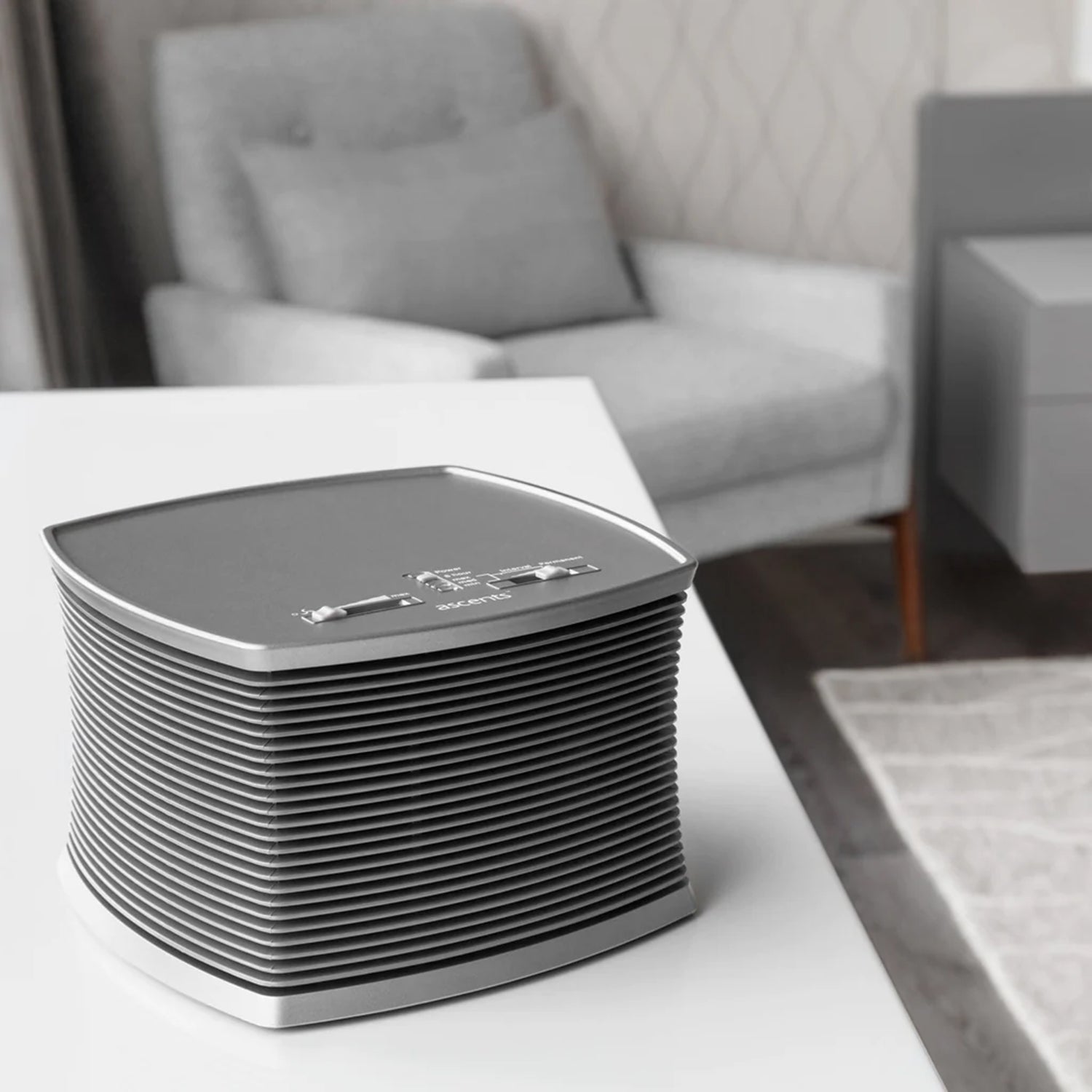
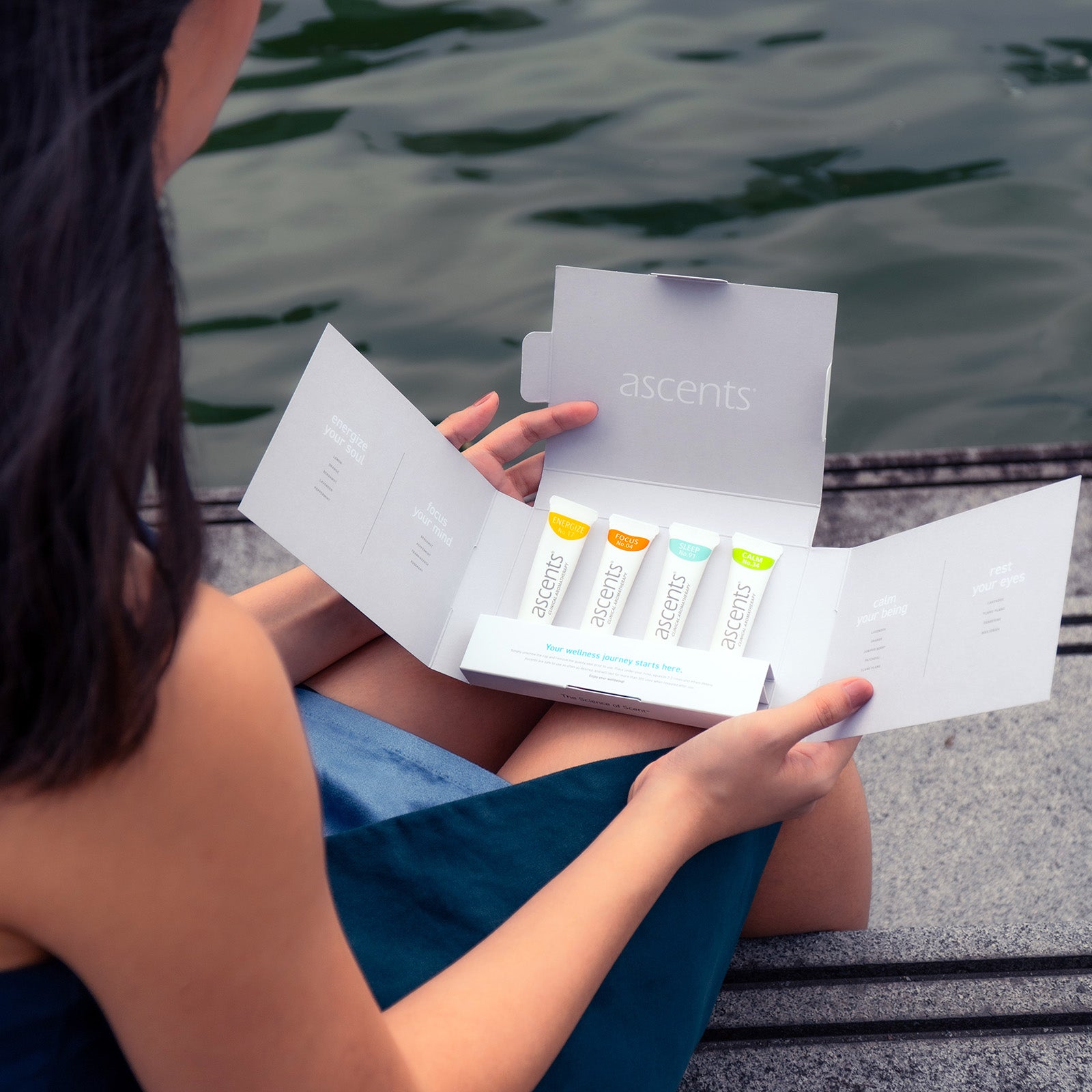
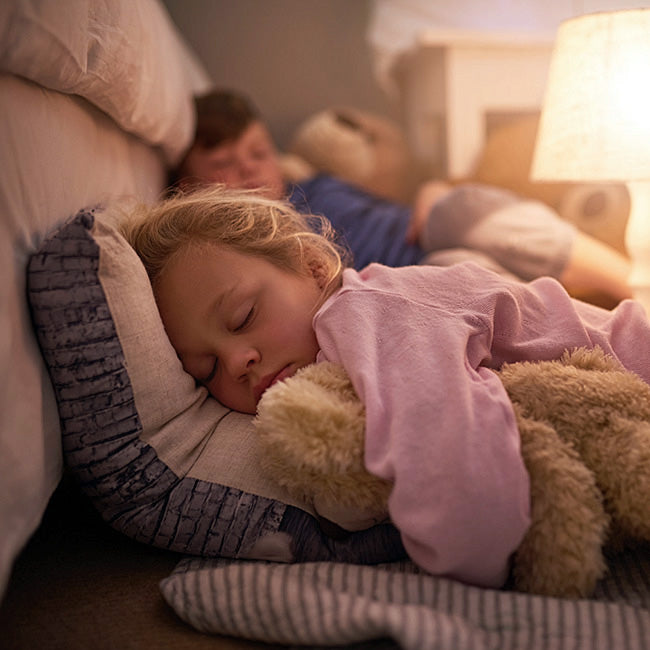
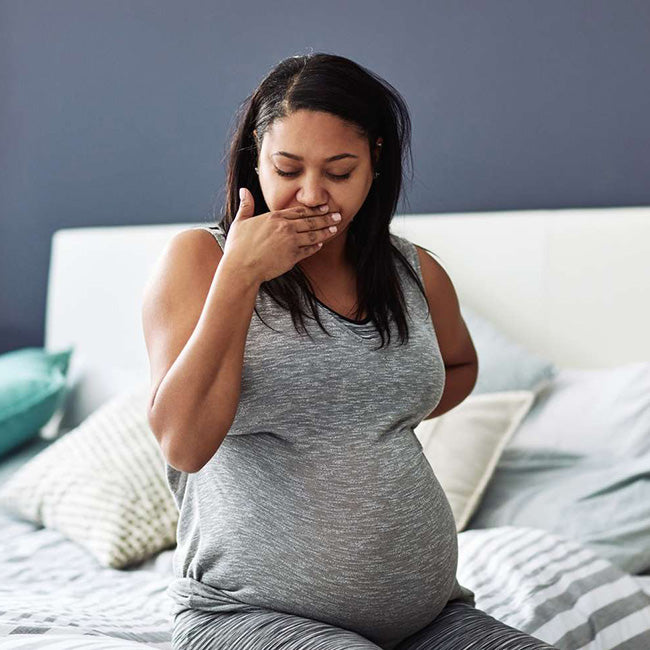





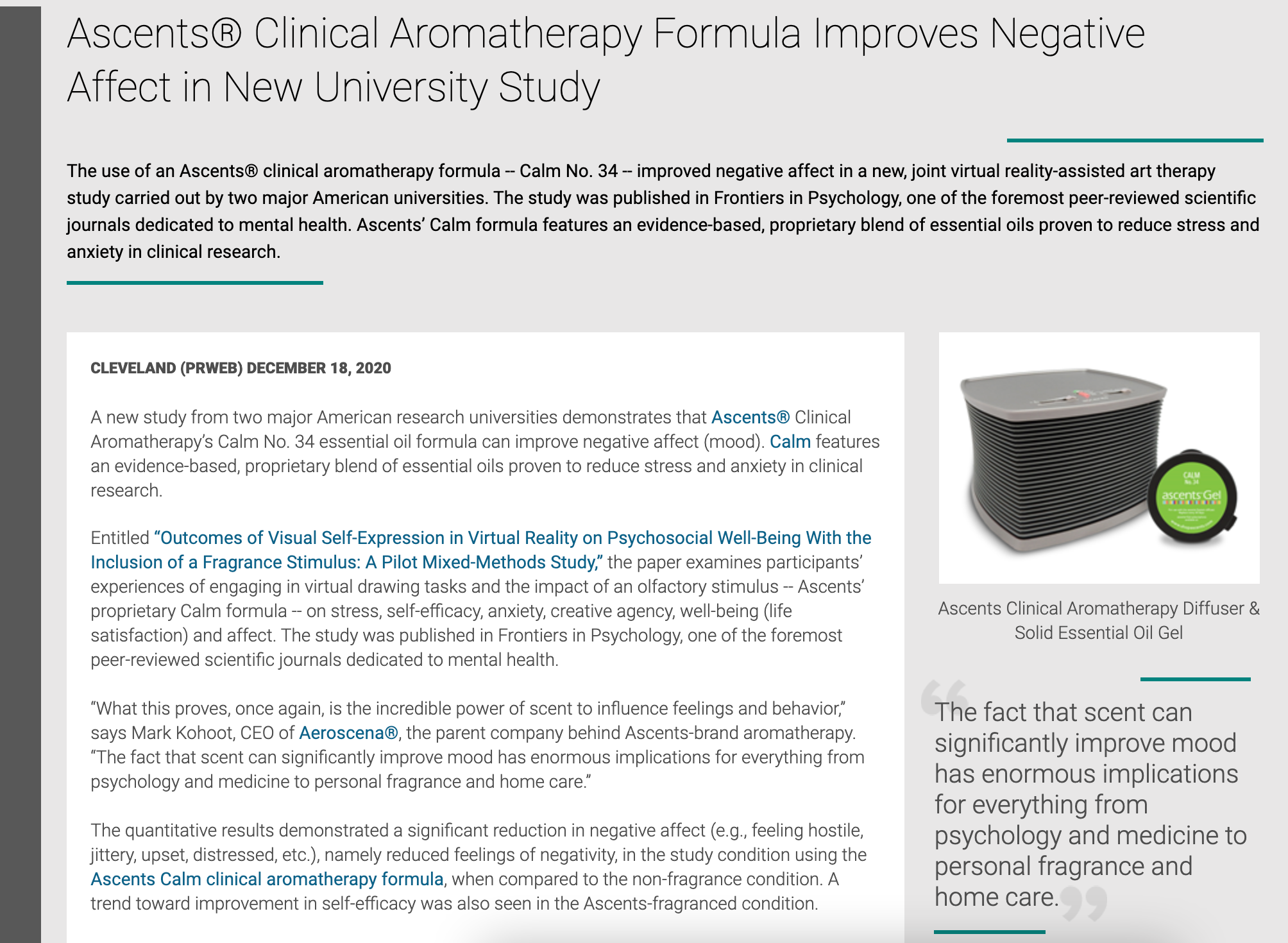
Leave a comment
This site is protected by reCAPTCHA and the Google Privacy Policy and Terms of Service apply.